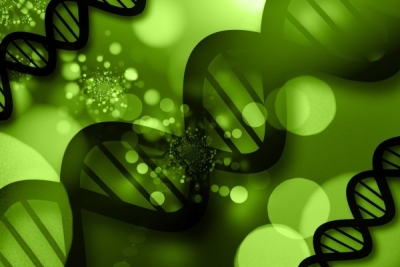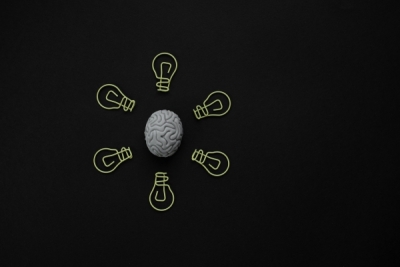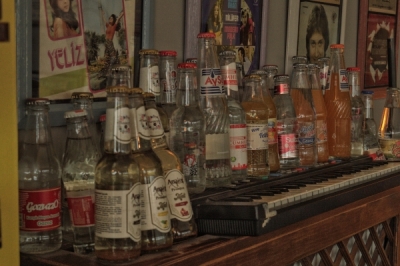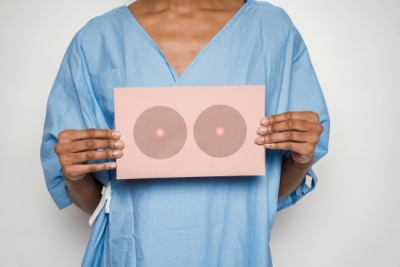A recent study1, published in the renowned journal JAMA Psychiatry, evaluated the effects of psilocybin – a substance present in hallucinogenic mushrooms – accompanied by psychotherapy on heavy alcohol use (defined as 5 or more drinks of alcohol for men, or 4 or more drinks for women).
A clinical trial was conducted with 95 participants aged between 25 and 65 years, who had a diagnosis of alcohol dependence and heavy alcohol use. They were separated into a group that received psilocybin and another group that did not receive the substance. The authors observed that there was a more marked reduction in heavy alcohol consumption in the first group. As shown in the graph below, extracted from the study, after the screening period (“screening”, on the x-axis), there was a reduction in the percentage of heavy drinking days (y-axis, “Heavy Drinking days, %”), an effect observed over 36 weeks (“weeks”, x-axis). In blue, there is a reduction in consumption in the group that received psilocybin accompanied by therapy, and in gray, a reduction in consumption in the group that received placebo accompanied by therapy. It is important to note that even the placebo group had a significant reduction in heavy drinking days, an effect that can be attributed, among other things, to psychotherapy.
The authors conclude that psilocybin associated with psychotherapy was able to maintain a reduction in the percentage of days that participants drinked heavily. However, they explain some limitations of the study: firstly, it was not possible to follow the “double blind” pattern (administrators do not know whether the patient receives the placebo or the substance of interest), since soon after the first session it was possible to discern clearly who received the psychoactive substance. Several other limitations of the study refer to the small number of participants (95 people), making it impossible to analyze differences in subgroups, such as women, differences between races and the presence of psychiatric comorbidities. Thus, the authors emphasize that, although psilocybin shows potential for the treatment of alcohol dependence, there is still need for further studies to prove its effectiveness.











